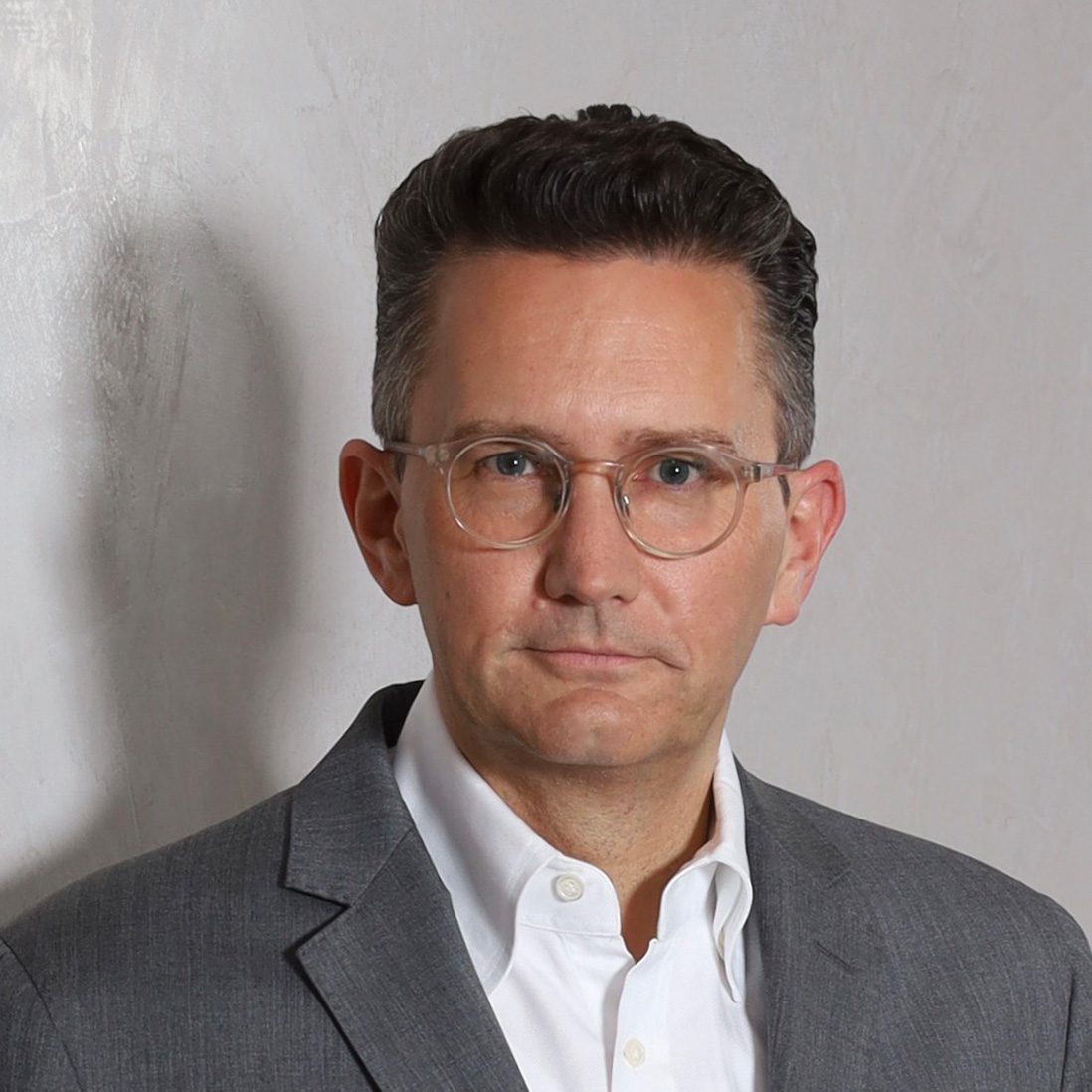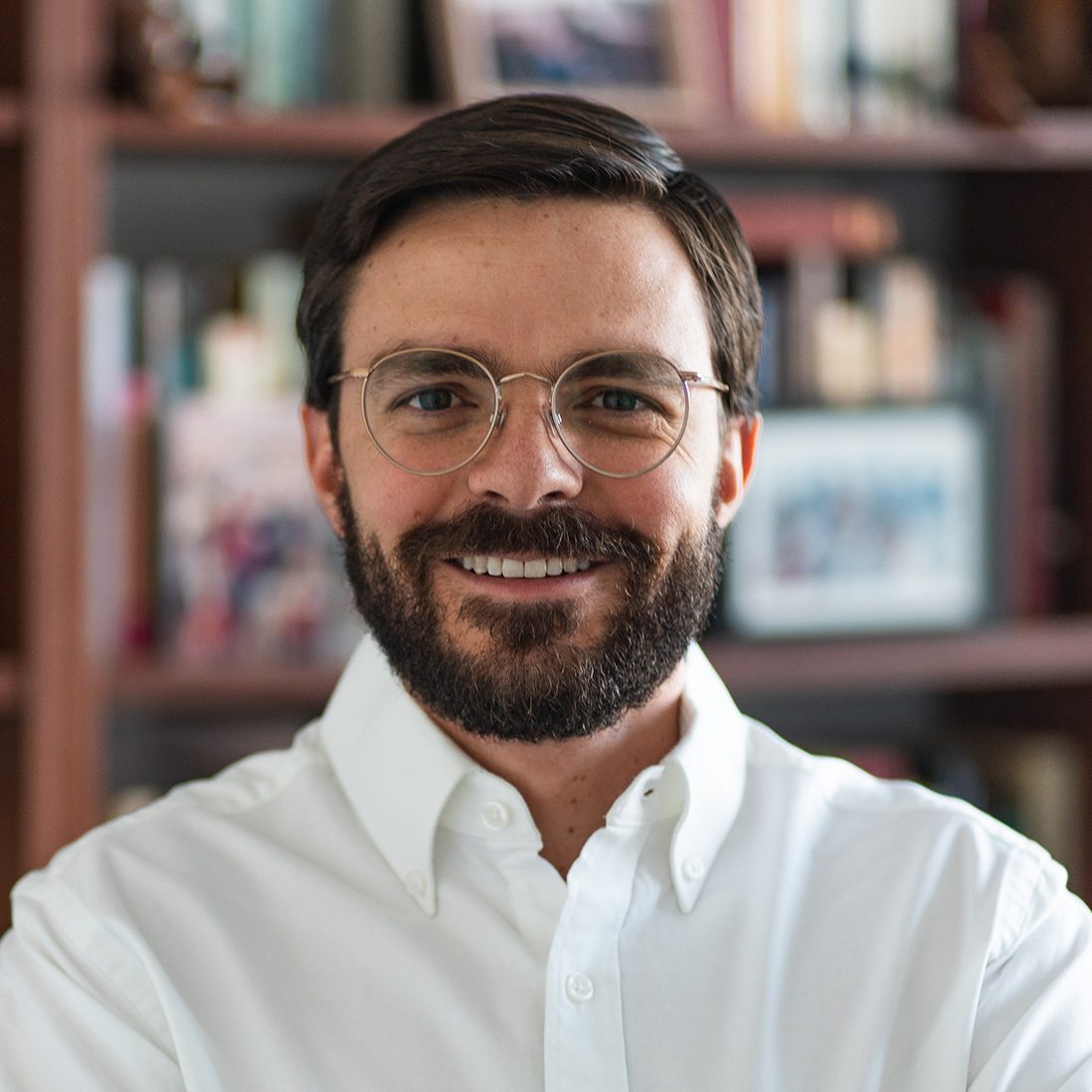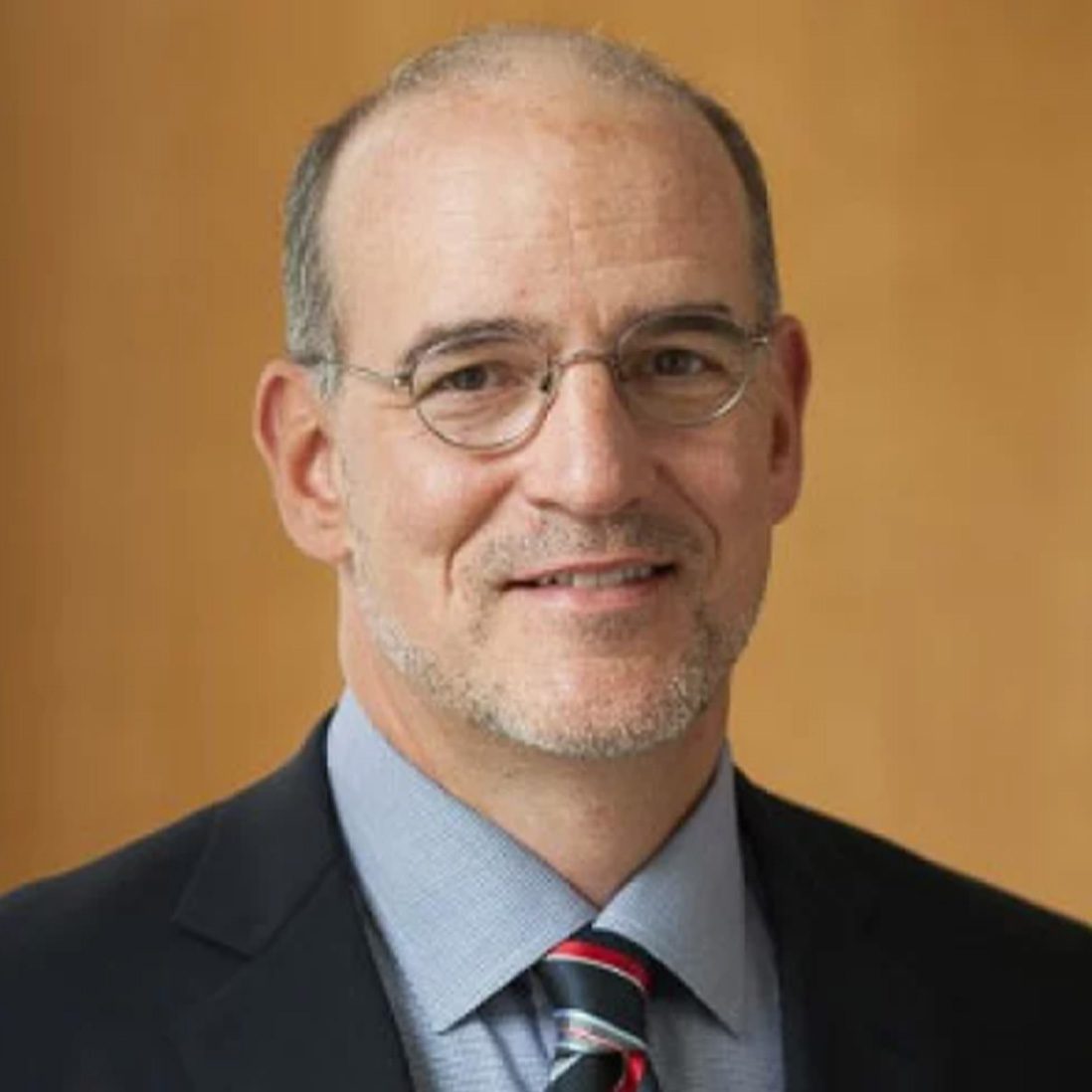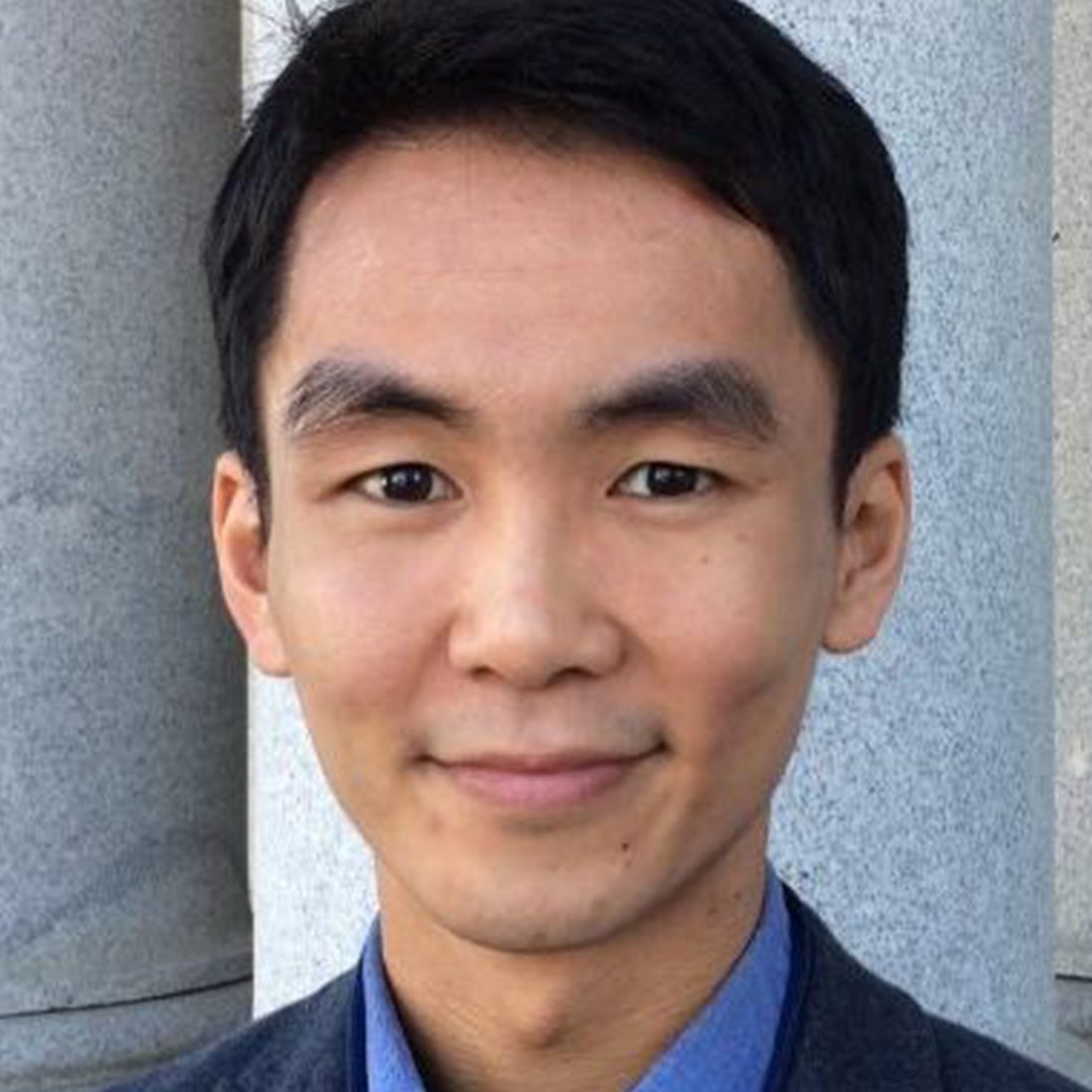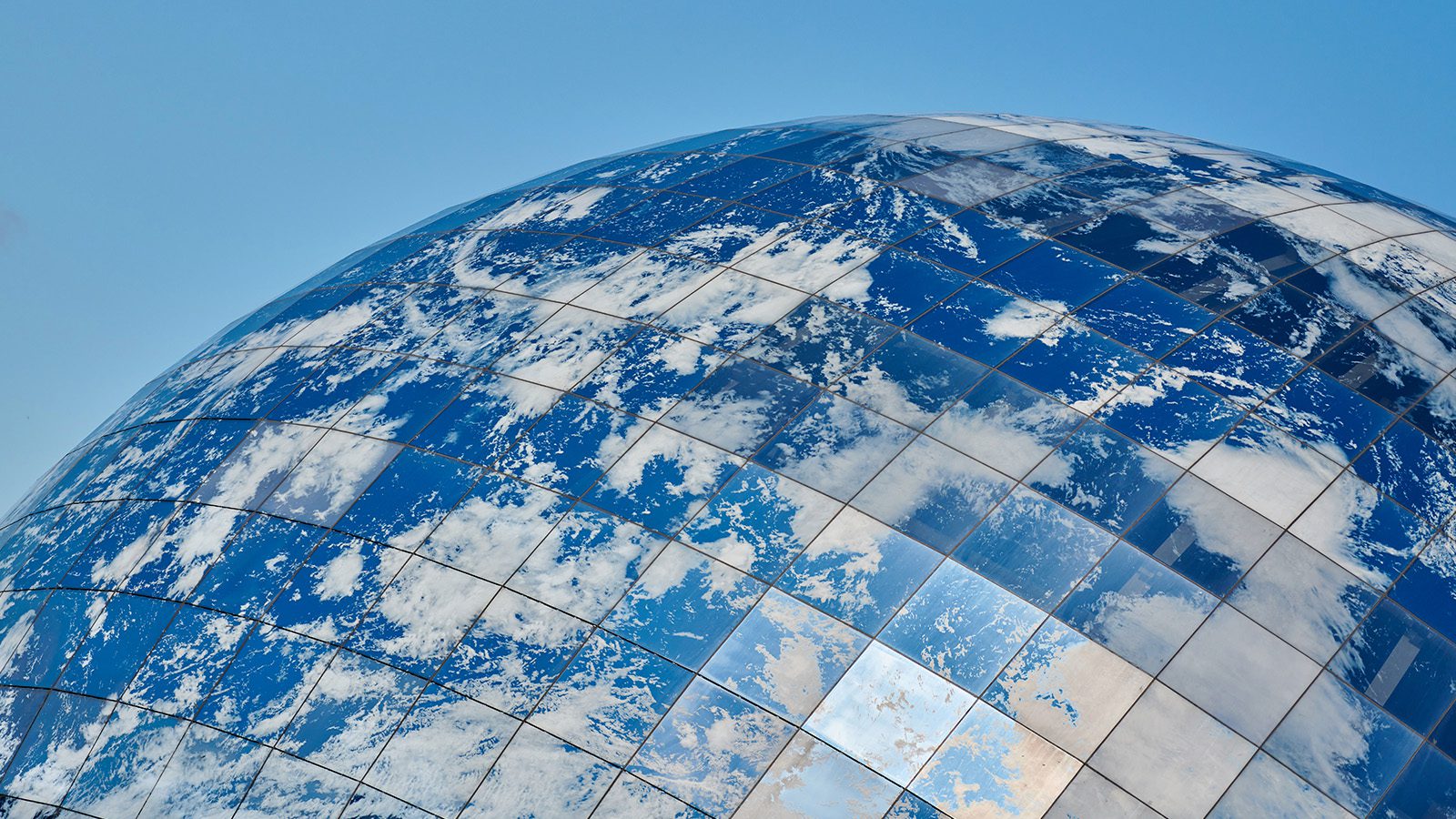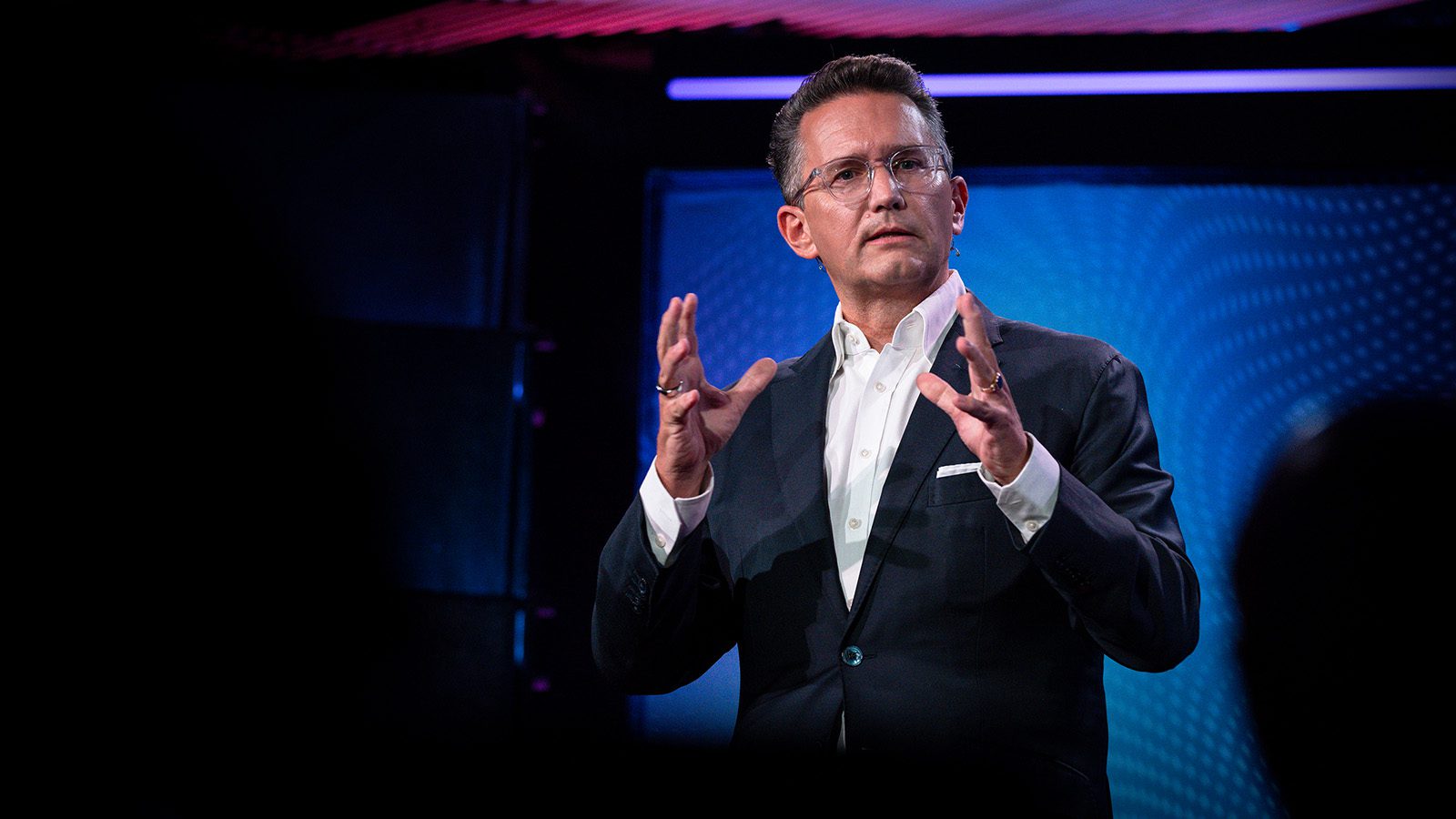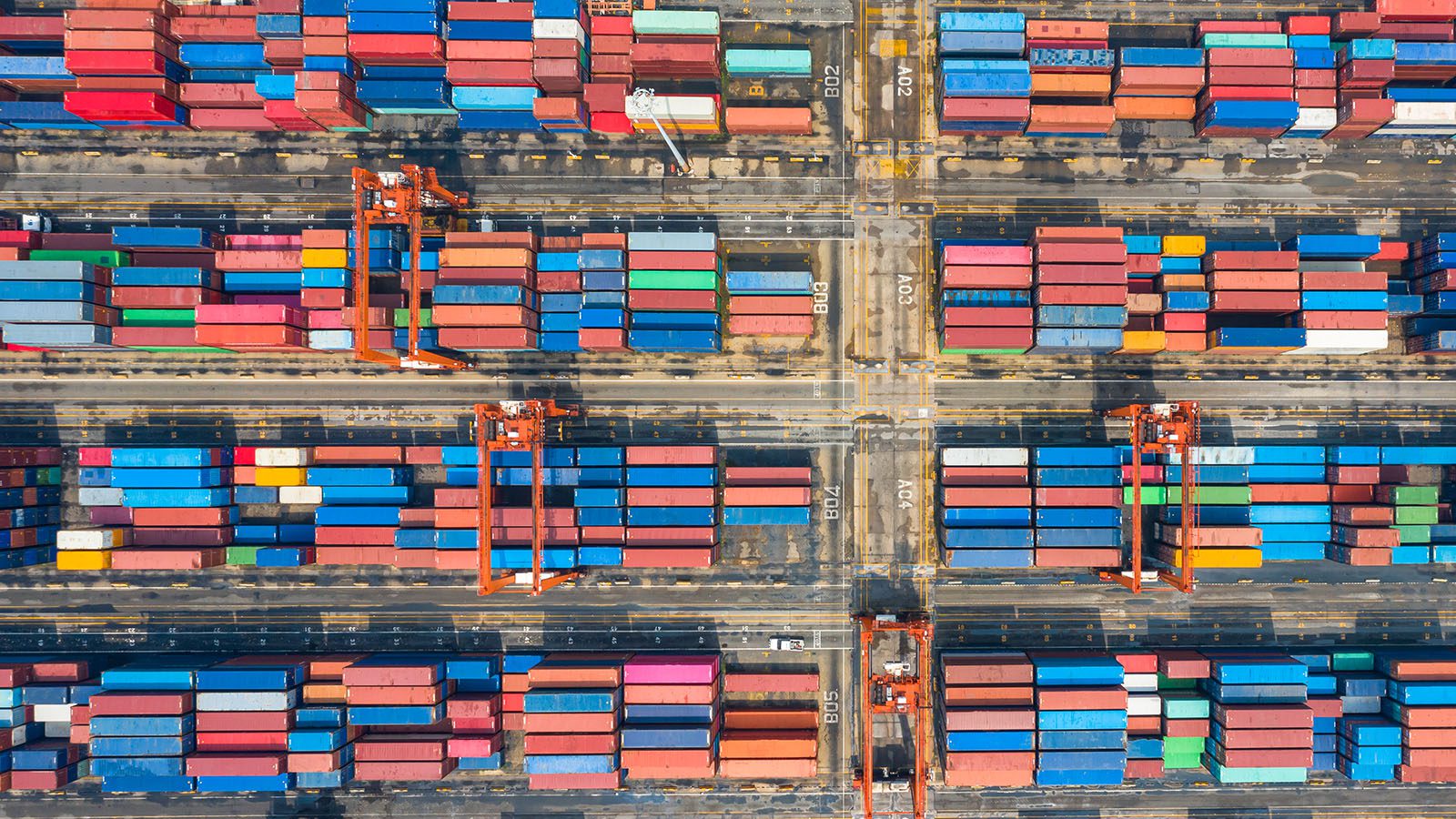Geopolitics & Society Lab
The BHI Geopolitics & Society Lab explores the drivers and business implications of changes in the geopolitical landscape.
The BHI Geopolitics & Society Lab brings together experts from business, policy, and academia. Our fellows, ambassadors, and external collaborators include senior practitioners and research experts, whose combined perspectives ensure that our work is both pragmatic and analytically grounded.
Our team’s research is centered on the geopolitics of technology, the future of Europe, and the nature of geopolitically resilient businesses.
The Evolving Geopolitics of Generative AI
Who are the leading and emerging players in the supply of this transformative technology, and why?
How CEOs Can Navigate the New Geopolitics of GenAI
While the US and China have established early dominance in supplying this crucial technology, other competitors are emerging. Here’s what leaders need to know.
Talent and the Future of Technological Competitiveness
How is the competition for tech talent changing and why does it matter—for countries and companies alike?
Where Will Tomorrow’s AI Geniuses Go?
Policy shifts could reshape the AI map—but talent, not tariffs, will have the greatest long-term impact.
Building Geopolitically Resilient Organizations
How can companies adapt to the rising intensity and complexity of geopolitical disruption?
The Geopolitics of Tech Is Hitting All Companies. How Boards Can Respond
Competition over AI development is contributing to technological fragmentation globally. But boards can help their management teams anticipate threats and increase resilience.
Recent Insights
Where Will Tomorrow’s AI Geniuses Go?
Policy shifts could reshape the AI map—but talent, not tariffs, will have the greatest long-term impact.
Tarrifs, Technology, and the New Geography of Manufacturing
Geopolitical disruptions and tech advances are shaking up manufacturing strategies, pushing leaders to rethink their approaches. Companies need to rethink the way they traditionally decide where to locate plants, and instead utilize scenario planning and the possibility of automation to create a manufacturing footprint that makes sense as tariffs rise.
Ten Forces Reshaping Global Business
From trade wars and geopolitical shifts to regional wars and climate change, business leaders must manage through unprecedented complexity in the global landscape.
Tokyo is Reinventing the Downtown—By Making More Than One
How Tokyo is inventing the “urban knowledge campus” by creating aa mosaic of distinct downtown districts.
How to Strategize in an Out-of-Control World
In 2025, political surprises are adding fuel to the fires of business uncertainty, complexity, and volatility. Here’s how leaders can navigate this special type of risk.
Why Businesses Need ‘Geopolitical Muscle’ in a Multipolar World
CEOs and leaders must look beyond the immediate challenges and integrate geopolitics into corporate decisions and strategies.
How CEOs Can Navigate the New Geopolitics of GenAI
While the US and China have established early dominance in supplying this crucial technology, other competitors are emerging. Here’s what leaders need to know.
5 Ways Leaders Can Adapt to Shifting Geopolitics
Nikolaus S. Lang explores the rise of a multipolar world by 2030 and offers insights to help business leaders navigate the shifting geopolitical landscape.
4 Potential Scenarios—And 1 Map—Showing How the World will Trade Goods for the Next Decade, According to BCG
In this fast-changing world, geopolitics must become a strategic priority for all companies—their future depends on it. The time to start is now.



